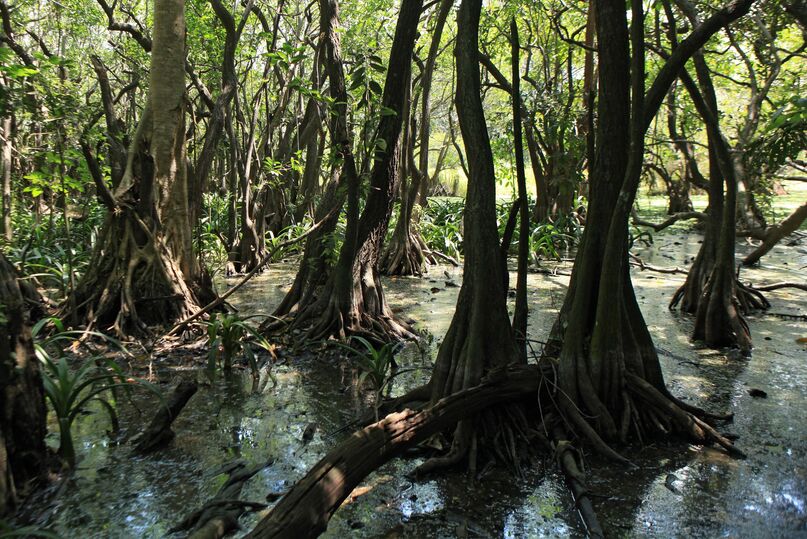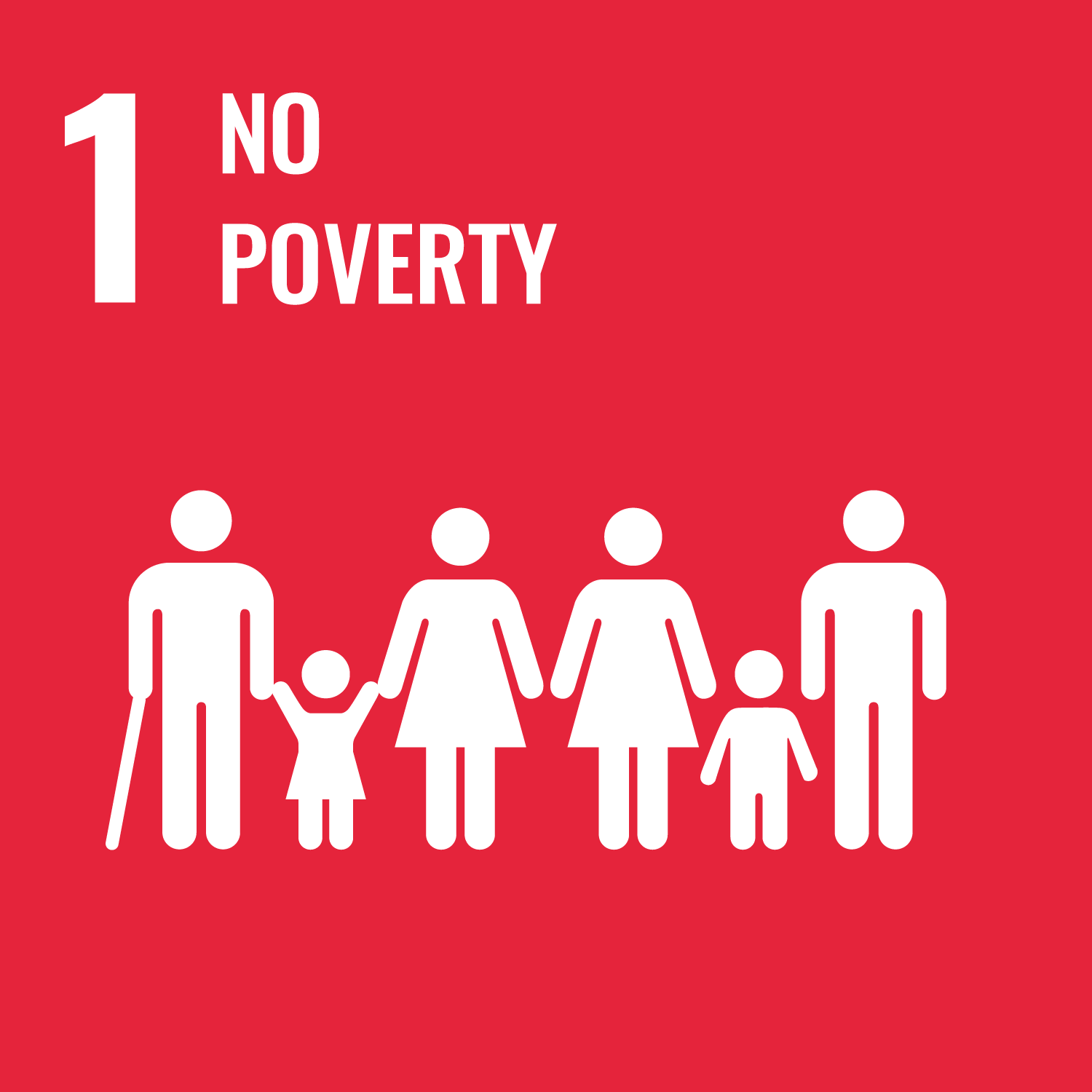World Wetlands Day calls for restoration effort—ITTO committed to ongoing contribution
2 February 2023

A freshwater swamp in Veracruz, Mexico: it is part of vital wetland ecosystems (studied under the ITTO project) that mitigate flood peaks and provide a reliable supply of freshwater Photo: G. Sanchez-Vigil
Yokohama, Japan, 2 February 2023: Wetlands, often called the “kidneys of the Earth”, are crucial in the fight against climate change, yet they are being degraded and lost at alarming rates. On World Wetlands Day, we highlight ITTO’s work to restore and upscale the sustainable use of tropical wetlands such as mangroves, swamps and marshes.
Wetlands comprise freshwater and marine and coastal ecosystems such as lakes and rivers, underground aquifers, swamps, marshes, wet grasslands, peatlands, oases, estuaries, deltas, tidal flats, mangroves and other coastal areas. They are among the Earth’s most productive ecosystems and provide many valuable goods and services. Sustainably managed mangroves and other coastal wetlands support the livelihoods of millions of coastal people, store globally significant quantities of carbon, and reduce the vulnerability of coastal regions to storm surges and other climate threats. Nevertheless, wetland ecosystems are fast disappearing—worldwide, at least 35% of the world’s wetlands have been lost in the last 50 years.
This year’s theme of World Wetlands Day, “revive and restore degraded wetlands”, stresses the urgent need to restore degraded wetland ecosystems, requiring increased action and investment.
ITTO has a long history of providing support for the conservation and sustainable use of wetlands across the tropics, including through the successful implementation of more than 20 projects in Africa, Asia and the Pacific, and Latin America and the Caribbean.
For example, a recently completed ITTO project in Fiji established sites to demonstrate the rehabilitation and sustainable management of coastal and mangrove wetlands; worked with communities and other stakeholders to improve decision-making on mangroves; developed a national guideline on mangrove use and management; and raised awareness of the importance of sustainable mangrove management, including through the production of three videos. ITTO is assisting the Government of Fiji in the preparation of a project proposal to sustain the outcomes achieved through the project.
Another ITTO project, in the central coastal plains of Veracruz, Mexico, conducted an environmental assessment and economic valuation of ecosystem services provided by coastal forests (mangroves, flooded forests, tropical forests and thickets on dunes) and their agro-replacement systems. The assessment and valuation indicated that these forests are crucial for, among other things, reducing flood peaks, providing a reliable supply of fresh water, conserving biodiversity, maintaining the soil nutrient cycle, producing biomass and sustaining livelihoods. Converting them to pastures or using them for urban development, therefore, carries considerable ecological and economic risks. The project built capacity among local communities and forest owners to improve their forest management and rural practices, and it raised their awareness of the benefits this can bring, including through payments for ecosystem services. Women were particularly empowered, organizing themselves into groups to manage nurseries, conduct reforestation campaigns, create ecotourism- and handicraft-based enterprises—and even publish a book about medicinal plants in the region.
In the coastal south of Benin, an ITTO project improved the management of sacred forests at two Ramsar sites by building the capacity of stakeholders to restore these religiously important wetland forests and increase local incomes. Under the project, 42 sacred forests were legally recognized and demarcated, simple forest management plans were developed and more than 150 hectares of sacred forests were enriched. Awareness-raising activities with local communities enabled the reintroduction of more than 1100 individuals of fauna species in eight sacred forests. As livelihoods improve, local people have less need to encroach on the forests. A new project proposal has been submitted to ITTO with the aim of building on the outcomes of the completed project.
In 2017, ITTO hosted an international conference on mangrove ecosystems to showcase policies, best practices, experiences, opportunities and challenges in the restoration, conservation, management and sustainable use of mangrove ecosystems in the context of the 2030 Agenda for Sustainable Development. The Bali Call to Action for Sustainable Mangrove Ecosystems, an outcome of the conference, urged stakeholders to redouble efforts on mangrove conservation, restoration, protection and sustainable use, mirrored by the theme of the World Wetlands Day this year.
ITTO co-published the World Atlas of Mangroves in 2010, which is still the most comprehensive global assessment of the state of the world’s mangroves. ITTO also contributed to the development of GLOMIS, a global mangrove database and information system.
ITTO has contributed in other ways to shaping global work on mangroves and other forested wetlands in the tropics. Most recently, it developed Guidelines for Forest Landscape Restoration in the Tropics to inform stakeholders—from policymakers to foresters and farmers—on best practices in restoring degraded tropical landscapes, including wetlands, and convened regional workshops to help ensure their uptake on the ground.
“Our field projects and policy work on wetlands show the depth of our experience in the sustainable management and use of these vital ecosystems and the importance we place on them,” said ITTO Executive Director Sheam Satkuru. “This work urgently needs to be replicated and upscaled. ITTO stands ready to continue contributing towards wetland conservation.”




